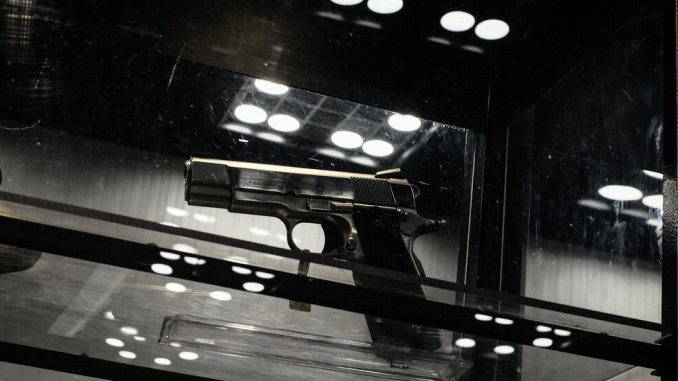
The Virginia case was brought by Mr. Fraser, who was 20 when he was turned away after trying to buy a Glock handgun from a federally licensed dealer last year. He subsequently challenged the 1968 federal gun control law, and age restrictions imposed by the Bureau of Alcohol, Tobacco, Firearms and Explosives, which is responsible for enforcing the nation’s gun laws.
Already, 18-year-olds are allowed to buy long guns, including shotguns and semiautomatic rifles, from about 70,000 federally licensed dealers. They have been banned from purchasing handguns, which are the most common weapons used in crimes, through such vendors — but under federal law, they are legally allowed to buy them from private, unlicensed dealers.
The decision would ease the way for 18-year-olds to procure handguns.
“It’s important for people to understand that we are not talking about selling guns to minors,” Mr. Harding said. “It’s about closing a loophole. Eighteen-year-olds can legally buy a Glock in the parking lot of a gun store. This is about letting them walk through the front door, and going through all the same background checks they would undergo if they were buying a shotgun.”
Lawrence G. Keane, the general counsel for the National Shooting Sports Foundation, a gun industry trade association, praised the decision, saying, “The case joins a growing body of case law applying Bruen and holding that age discrimination laws infringe upon the Second Amendment rights of young adults.”
Still, the Supreme Court decision identified some limits. In a concurring opinion, Justice Brett M. Kavanaugh, joined by Chief Justice John G. Roberts Jr., wrote that some gun control laws that use objective licensing criteria could still be considered constitutional.
States, Justice Kavanaugh wrote, were generally free to require “fingerprinting, a background check, a mental health records check and training in firearms handling and in laws regarding the use of force.”


Be the first to comment